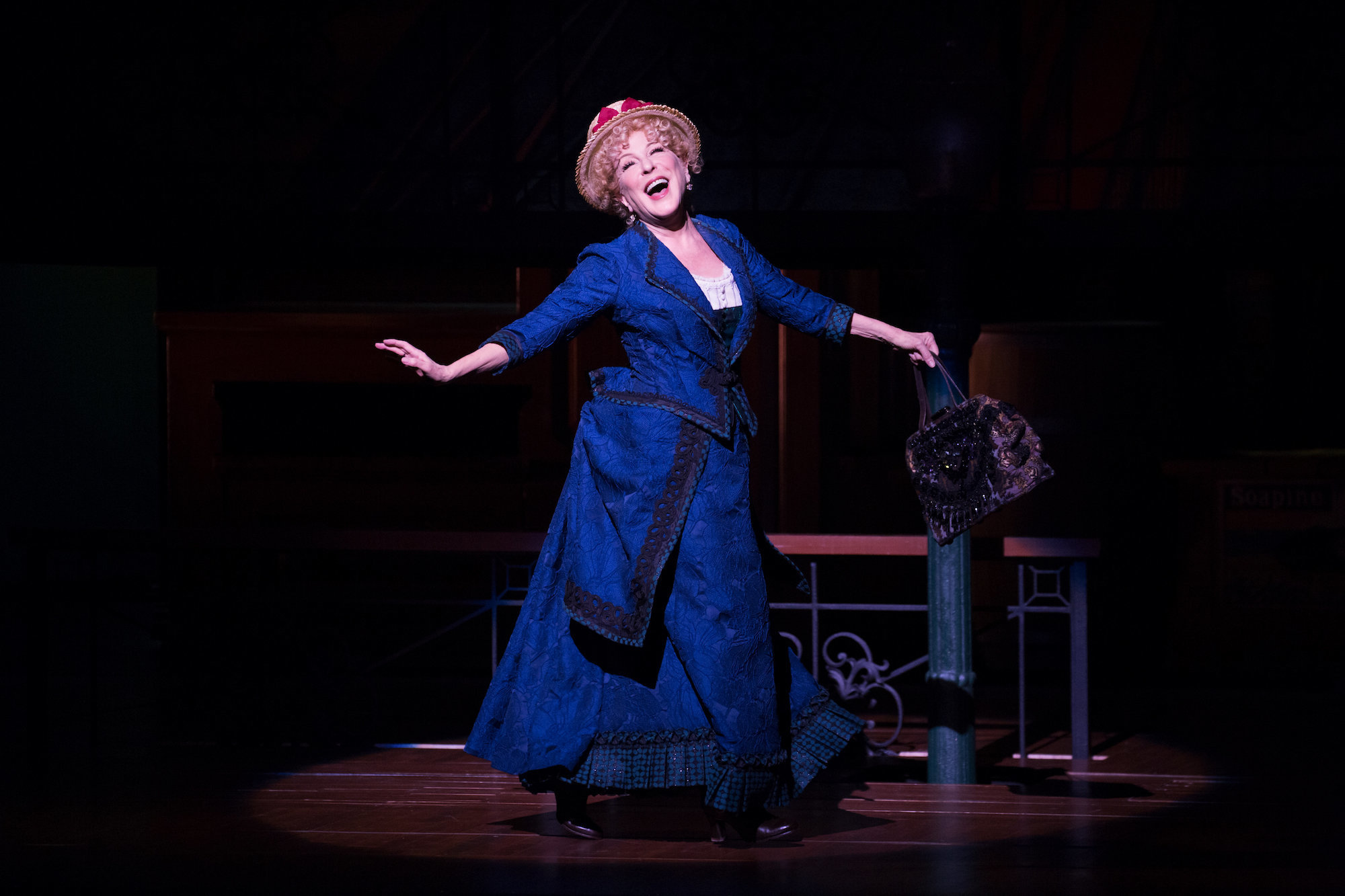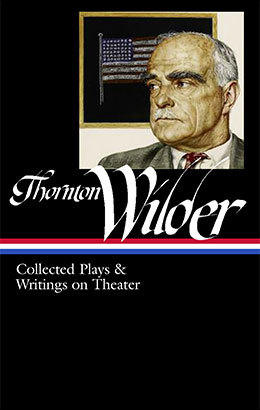Matchmaker to Dolly: The surprising history behind a show business classic
If you’re a theater maven, you probably weren’t a bit surprised when the veteran trouper and force of nature known as Bette Midler won Best Leading Actress in a Musical at the Tony Awards for her performance in the current revival of Hello, Dolly! Outlets ranging from Variety to USA Today had picked Midler as the clear favorite to win weeks before the awards ceremony.
But what you may not know is that by reaffirming the power of Hello, Dolly! to move and delight audiences in the twenty-first century, Midler is extending a complex theatrical legacy that stretches back more than 175 years—one in which twentieth–century American playwright Thornton Wilder is the pivotal figure.
In 1938, Wilder wrote an Americanized adaptation of Einen Jux will er sich machen, an 1842 farce by Austrian playwright Johan Nestroy, which was itself based on an even earlier one-act work from England. The new play was The Merchant of Yonkers, a comedy about a wealthy Yonkers businessman who sets about finding himself a wife. The Merchant of Yonkers arrived on Broadway with a notable pedigree—Wilder’s previous play, Our Town, won the Pulitzer Prize for Best Drama, and the director was the distinguished Austrian émigré Max Reinhardt—but it met with a disappointing reception, closing after only thirty–nine performances.
A decade and a half later, however, Wilder revised The Merchant of Yonkers as The Matchmaker; a key change was the significantly expanded role of the title character, a young widow who arranges marriages for her Yonkers community. After successful runs at the Edinburgh Festival and in London in 1954, The Matchmaker opened on Broadway in December 1955, ran for 486 performances (Wilder’s Broadway record), and became the basis for a Hollywood movie starring Shirley MacLaine and Anthony Perkins. The work’s clear commercial viability led the impresario David Merrick to adapt Wilder’s play into a musical—and on January 16, 1964, Dolly Gallagher Levi, played by the legendary Carol Channing, strode into showbiz history.
What’s perhaps most remarkable about this success is that Wilder conceived of The Matchmaker as a subtle satire of theatrical convention. Through techniques we might describe as “meta” today, like having his characters regularly break through the fourth wall between performer and audience, he meant to point up the artifice inherent in so many mainstream plays.
Those ambitions might seem a long way off from a blockbuster musical—but critic Armond White recently argued otherwise for Library of America. In a recent Moviegoer essay about the 1969 film version of Hello, Dolly!, White claims that the movie’s epic scale and lavish production values actually “fulfill the complex aesthetic intentions” of The Matchmaker. For White—elaborating on some of the ideas in Wilder’s famous “Preface to Our Town”—Hello, Dolly! is “a sincere Wilder adaptation” that “answers his call for sophisticated artifice” and “transforms Wilder’s theories into kinetic spectacle.”
The Matchmaker is included in the Library of America collection:
Thornton Wilder: Collected Plays and Writings on Theater
Our Town | The Skin of Our Teeth | The Matchmaker | Shadow of a Doubt (screenplay) | other plays | essays Edited by J. D. McClatchy


